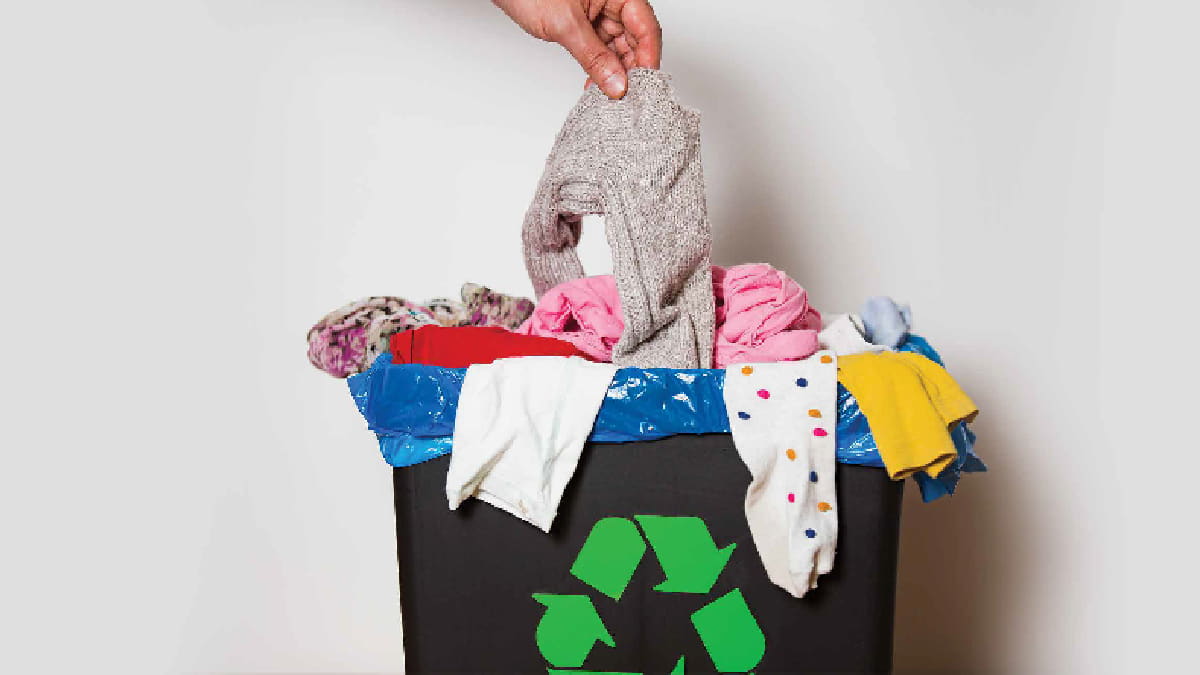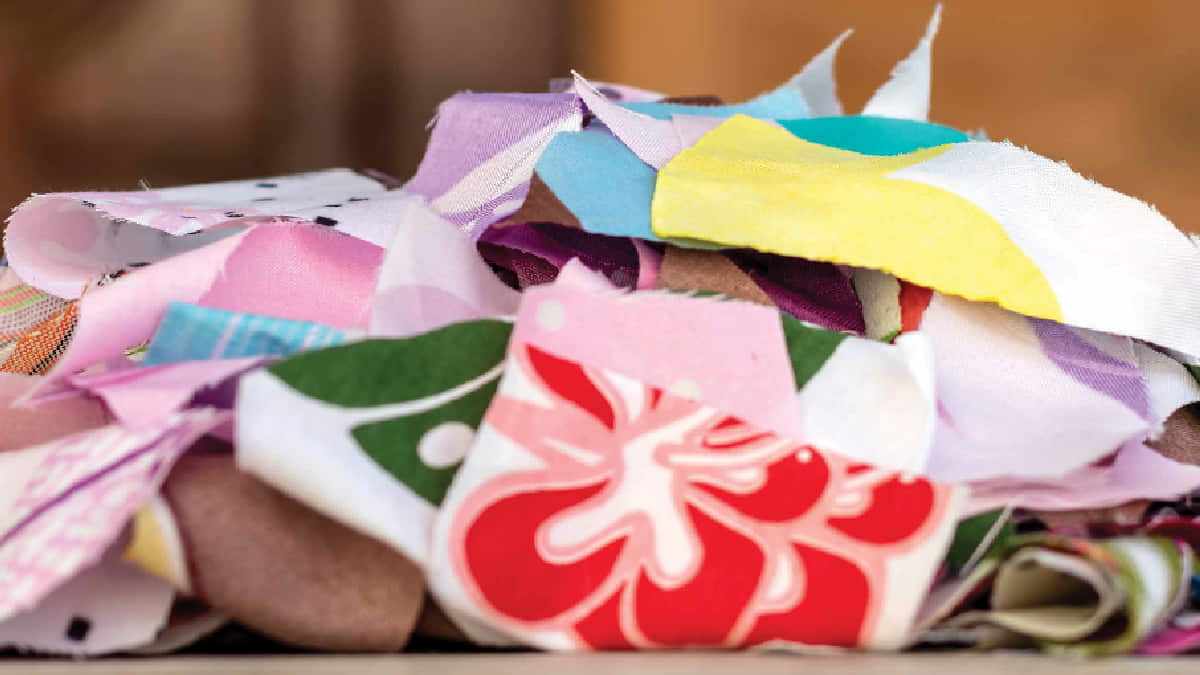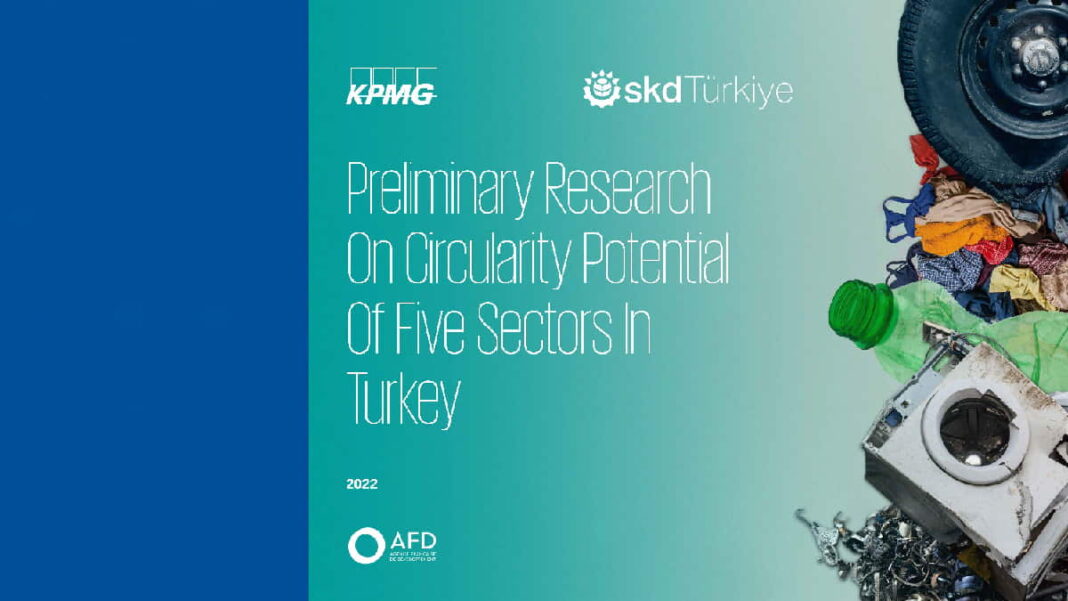II. Turkey Circular Economy Week, drawing a vision for Türkiye’s green development goals, brought together nearly 100 speakers from the business world, public institutions, non-governmental organizations, academics and activists. The economic and social dynamics needed for Türkiye’s green development, the adaptation process of European countries and the United States in the Paris Climate Agreement were discussed in the sessions throughout the week, and it was mentioned that the strategic roadmap for Türkiye’s transition to a circular economy should be supported by policies. Messages of the importance of adapting green technologies to processes in the transition to circularity as a whole and the need to fairly ensure the transformation for sustainability on the bases of labour force came to the fore among the topics covered during the event. In addition, it was emphasized that the survival of the planet would be possible by abandoning the current consumption culture and moving to a circular life, and the importance of reaching all segments of the society for green transformation.
The opening speeches of the event were made by French Consul General in Istanbul Olivier Gauvin, BCSD Turkey Chairperson of the Board Ebru Dildar Edin, AFD Türkiye Director Tanguy Denieul, KPMG Türkiye company partner Şirin Soysal and T.C. Ministry of Environment, Urbanisation and Climate Change Head of Zero Waste and Waste Processing Department Sadiye Karabulut.
The report, which includes the results of the ‘Preliminary Research on Circularity Potential of Five Sectors in Turkey prepared in cooperation with the Business World and Sustainable Development Association (BCSD Turkey), KPMG Turkey and KPMG France, provided by the French Development Agency (AFD) was shared with the public at the end of the week.

The circularity rate of input materials in the textile sector is approximately 16%
Speaking at the event, SKD Türkiye Chairman of the Board Ebru Dildar Edin stated; “Today, we are sharing the results of the research on the circularity potential of the plastic packaging, textile, white goods, automotive and construction sectors, which are important for our country and have good practices in the circular economy. According to the first findings obtained from the companies participating in the research, the average input cyclicality in the plastic packaging sector was approximately 7%, and in the textile sector approximately 16%. This report contributes to the ‘Technical Assistance Project for the Evaluation of Turkey’s Potential for Transition to a Circular Economy’ and to the circular economy national strategy and action plan of our country, of which we, as SKD Turkey, are also a consortium partner and the Ministry of Environment, Urbanization and Climate Change is the beneficiary”. Edin stated that they will continue to encourage the transition to a circular economy with the platforms they offer and the projects they carry out in order to contribute to more efficient resource and waste management across Türkiye.

VAT regulation change could encourage circularity
The report states that in addition to the general problems related to textile circularity, such as the current consumption culture and the non-recyclability of all textile products, the textile industry in Türkiye also faces other challenges in the form of regulations and taxation. Producers are taxed for almost all items taken out of stock, excluding products such as textile scraps, under VAT Regulations. This means that even if a company wants to give away its deformed or unsold goods for charity or research, it will still need to pay VAT for those goods. The only way to avoid such payment appears to be to dispose of them by burying or burning them. Therefore, such taxes are a deterrent for companies for engaging in circularity strategies and can create a barrier to the potential of circular innovations in the textile industry.
The report points out that taxes on unsold goods need to be lifted to encourage companies to recycle, remanufacture, share and donate. It is stated that more incentives can be implemented by reducing VAT on finished goods produced with a certain rate of circular inputs.
In the report, it says that most textile and it states that this ruling can be perceived as an obstacle to increasing the production of recycled content in a country where there is no efficient collection and sorting scheme. However, it is also stated that this ensures that Türkiye is not pressured with other countries’ wastes and that supply chains are kept short. Exports of textile scraps can be carried out as long as the manufacturers have permits from the government.
